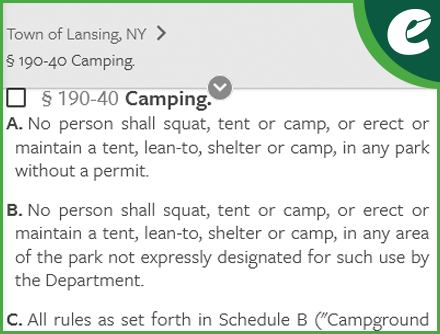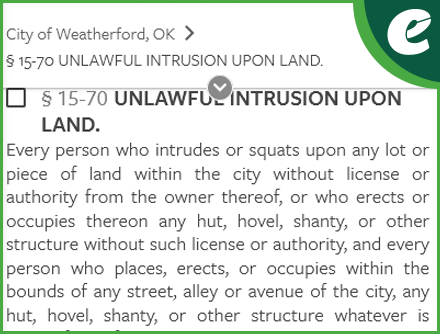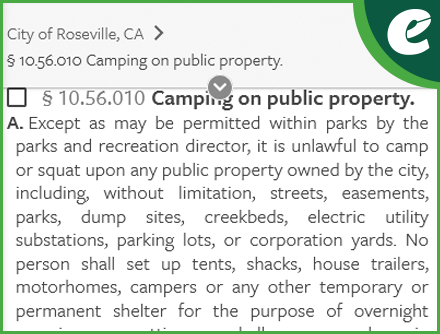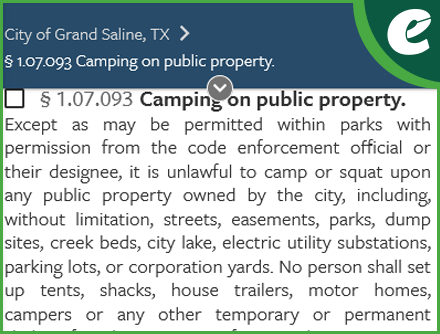Imagine coming home from a long overseas vacation to find that someone you don’t know has taken up residence in your home. To make matters worse, you discover that the intruder may actually have legal rights to be there — and the police are powerless to remove them. It’s a nightmare scenario that’s being played out for thousands of property owners as incidents of squatting have become more prevalent across the country.
What is a property squatter?
According to Property Law experts, LegalClarity, a squatter is an individual who occupies land or a building rent free, without legal right or the owner’s permission. These individuals may cause major damage to the property and in worse cases, injury or death to the property owners who confront them. Squatting can take many forms. Sometimes it’s an invited guest who just won’t leave, or a vacation rental customer who stops paying. It might be a homeless person hiding in a crawl space or garage — or even a well-meaning neighbor trying to make an abandoned space useful.
View sample property squatters legislation >
Squatter’s rights
Unlike a trespasser, who enters temporarily with no intent to stay, a squatter often intends to reside there and may gain limited legal protection over time. This potential for rights stems from “adverse possession,” allowing a squatter to claim ownership if they occupy the property openly, continuously, and without the owner’s consent for a specific, jurisdiction-dependent period. This differs from a tenant, who has a formal lease agreement and clear contractual rights. (See Adverse Possession laws by state here)
This land is your land …or my land?
Squatting is hardly a new concept. As highlighted in an article from Florida Property Management Services, the origins of squatters’ rights in the United States can be traced back to the colonial period. In the early days of European settlement, large pieces of land were claimed by colonial powers, often without regard for the Indigenous peoples who inhabited them. As settlers pushed westward, disputes over landownership became commonplace.
Property squatters also played a significant role in America’s westward expansion. Pioneers often moved onto unclaimed or disputed land, seeking opportunities for a better life. While their actions were technically illegal, the vastness of the frontier and the inefficiency of colonial governments made enforcement difficult.
Homesteading and the Public Domain
The concept of squatters’ rights became more formalized with the passage of the Homestead Act in 1862. This landmark legislation provided settlers with the opportunity to acquire land by living on and improving it for a specified period. By meeting certain requirements, including five years of continuous residence and the cultivation of the land, homesteaders could obtain legal title to their property from the federal government.
Squatting as Protest
In the 1970s and 1980’s, squatting emerged as a means of political protest to highlight issues of homelessness and unaffordable housing in the heart of a bustling metropolis.
Today, there’s been a resurgence in squatting, often fueled by economic austerity measures and growing social inequality. Activists argue that when spaces lie unused while people go homeless, squatting becomes a moral imperative — a direct action in response to governmental and corporate negligence.
Why is squatting on the rise?
According to a recent Reader’s Digest article, squatting has proliferated in the last few years, becoming a particular concern in sprawling suburbs where vacant homes are common and can be easily located through online real estate listings. A 2024 member survey by the National Multi Family Home Council, an advocacy group representing landlords and property owners, says the highest number of recent squatting reports have come from the suburbs of Atlanta, Orlando and Dallas.
The rise in squatting incidents can be attributed to a combination of factors, including:
- Economic Insecurity: The pandemic led to a significant shift in lifestyle and work patterns, with many people working from home and reducing their physical presence in urban areas. This change has led to an increase in vacant properties, making them more attractive targets for squatters.
- Social Behavior: The COVID-19 pandemic has also contributed to a cultural shift in the importance of paying bills on time. This has led to a decline in the enforcement of rent payments, making it easier for squatters to take over properties.
- Legal Challenges: The legal process for evicting squatters can be lengthy and costly, often taking a year or more. This has made it more appealing for squatters to remain in a property without the risk of legal action.
- Targeting Vacant Properties: Squatters often target properties that are vacant or not actively rented, as these properties are less likely to be monitored and are more likely to be taken over by squatters.
- Lack of Legal Consequences: Many squatters are aware that they can evade legal consequences by claiming they have a lease or other legal right to occupy the property. This lack of legal repercussion encourages more squatting behavior.
Squelching squatters through new legislation
Several state governments have moved to pass legislation restricting or forbidding squatting, as well as sidestepping the court eviction process.
Other states may soon follow suit with similar legislation. See below for ordinances adopted by local governments as well.
Protecting what’s yours
Maryland-based DK Law Group outlines the steps that property owners can take right now to make your home or property a less inviting target for squatters:
- Regular Inspections: Don’t let your property sit unchecked for long periods. Visit your vacant properties frequently or have a trusted person (property manager or neighbor) do so.
- Secure the Premises: Double-check all doors and windows. Use strong deadbolts and consider adding window locks and an alarm system or cameras.
- Maintain a “Lived-In” Look: Professional squatters target homes that appear abandoned or unmonitored. Simple upkeep steps can signal that an owner is attentive. Keep the yard trimmed, lights on timers, and mail collected. A home that looks occupied is far less attractive to a squatter.
- Keep Clear Records: Maintain organized lease records and ownership documents for all your properties. If someone tries to squat with a fake lease, having your paperwork readily available helps you quickly prove that you never rented to them.
- Engage Your Neighbors: Let trustworthy neighbors know if a property is supposed to be empty and ask them to alert you to any signs of occupation or changes.
Useful examples of property squatters legislation from the eCode360® Library
If your community is interested in drafting or updating legislation related to property squatters in your community, here are some useful examples that can be found in our eCode360 Library:
Updating your municipal code is vitally important
Submit your code updates as soon as possible and ensure constituents and local government officials are always referencing and working with the most up-to-date resources. Make it part of your Board meeting close-out process to send your adopted legislative changes to General Code when everything from that meeting is already right at hand.
Questions about updating your code?
Our Client Care team is available to explain the options and benefits of scheduled code updates or any other code-related questions you might have.
Additional resources:
- DK Law Group: The Rise of Professional Squatters in Maryland
- Reader’s Digest: The Squatter in My House- True Tales About Very Unwelcome Guests
- Real Estate Law Organization: Adverse Possession Explained
- Investopedia: Adverse Possession—Legal Definition and Requirements
- Apartment Association of Greater Los Angeles—Squatters Have Become A Major Problem in California and Across the US
- Curbed: A History of Squatting
- SquattersRights.Org: State-by-State Squatters Rights Breakdown
- Florida Property Management Services, LLC: The Evolution of Squatters Rights
- HOA Management: Squatters Rights in the US Per State—Every HOA Should Know This
- American Judicial System: Why Do Squatters Have Legal Rights?
- Legal Clarity: Why Is It Hard to Get Rid of Squatters?
- USA Today: Squatters invade homes and refuse to leave. How is this legal?
- ABC News: Rise in homeowners vs. squatters incidents prompts action from lawmakers
- eCode360 Library






